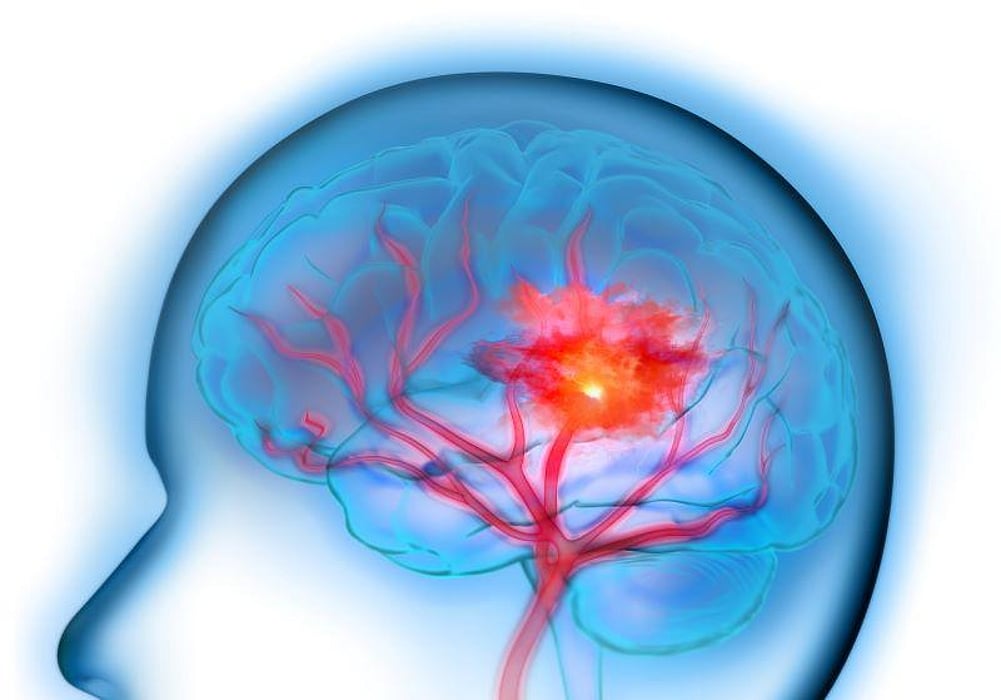Statin Exposure Not Linked to Increased Risk for Recurrent ICH

THURSDAY, Aug. 31, 2023 (HealthDay News) -- Statin exposure is not associated with an increased risk for recurrent intracerebral hemorrhage (ICH) and is associated with a lower risk for any stroke among survivors of spontaneous ICH, according to a study published online Aug. 30 in Neurology.
David Gaist, Ph.D., from Odense University Hospital in Denmark, and colleagues examined the risk for any stroke, ischemic stroke (IS), and recurrent ICH associated with statin use among ICH survivors. The researchers used data from the Danish Stroke Registry for patients aged 50 years and older with a first-ever ICH between January 2003 and December 2021 who survived for >30 days. Three nested case-control analyses were conducted for any stroke, IS, and recurrent ICH. Statin use on or before the date of subsequent stroke or equivalent date in matched controls was the primary exposure.
A total of 1,959 patients with any stroke were matched to 7,400 controls; 1,073 patients with IS were matched to 4,035 controls; and 984 patients with recurrent ICH were matched to 3,755 controls. The researchers found that statin exposure was associated with a lower risk for any stroke and IS (adjusted odds ratios, 0.88 and 0.79), but was not associated with the risk for recurrent ICH.
"The results of our study are good news for people taking statins who have had a bleeding stroke," Gaist said in a statement. "While we did find a lower risk of having another stroke, it is important to note that when looking at the data more closely, that lower risk was for ischemic stroke. Still, we found no increased risk for bleeding stroke."
Several authors disclosed ties to the biopharmaceutical industry, including Novo Nordisk, which funded the study.
Abstract/Full Text (subscription or payment may be required)
Related Posts
Health Highlights, Nov. 12, 2021
Mouse study offers hope for breakthrough against spinal cord damage. A new...
Las ratas topo desnudas son fértiles toda su vida. ¿Podría la investigación ayudar a los humanos?
MARTES, 21 de febrero de 2023 (HealthDay News) -- La rata topo desnuda es...
Encuentran PFAS, unos ‘químicos eternos’, en algunos productos menstruales
LUNES, 14 de agosto de 2023 (HealthDay News) -- Algunos productos menstruales...
Your Guide to Hepatitis C Medications
THURSDAY, June 8, 2023 (HealthDay News) -- Hepatitis C is a serious viral...
